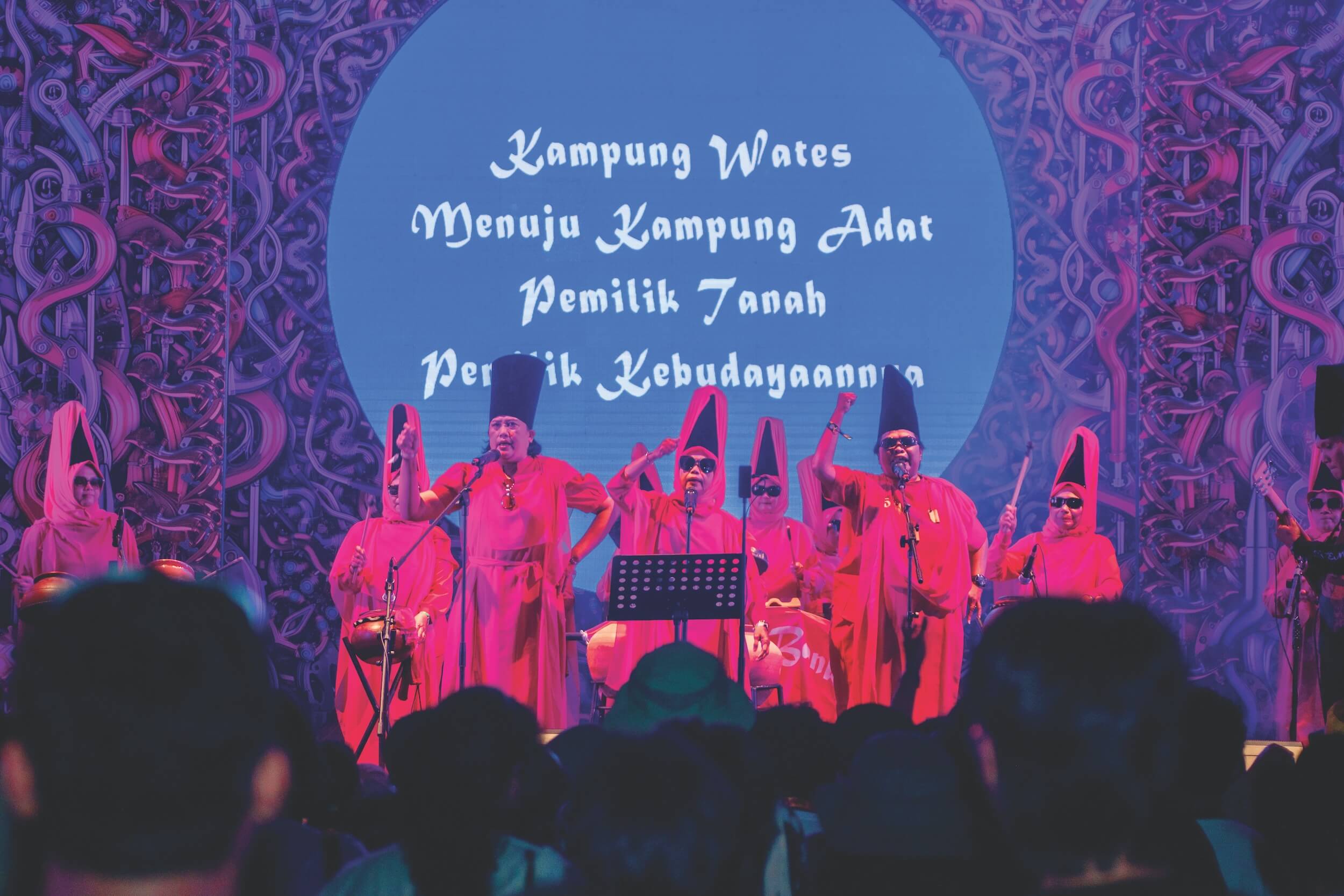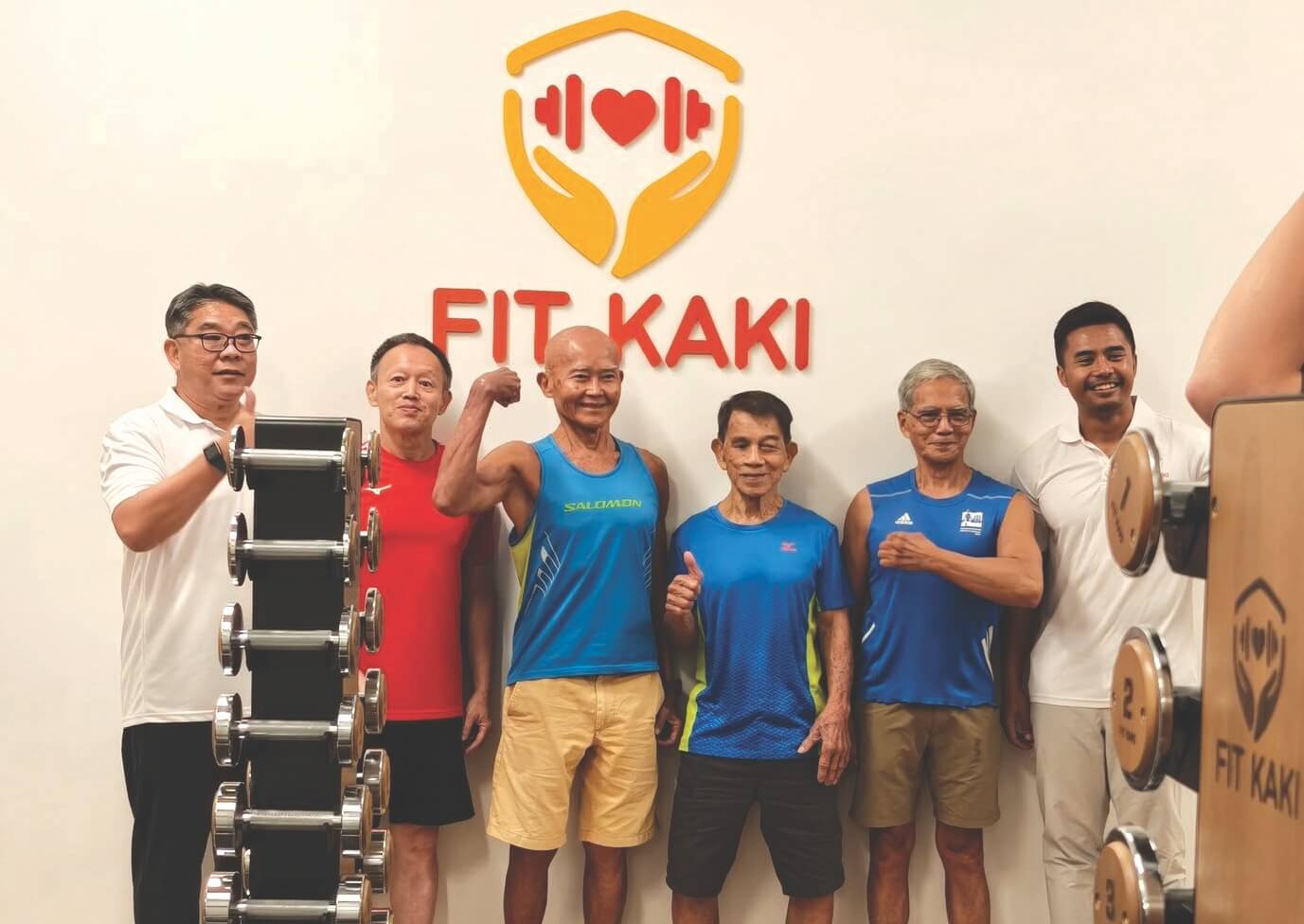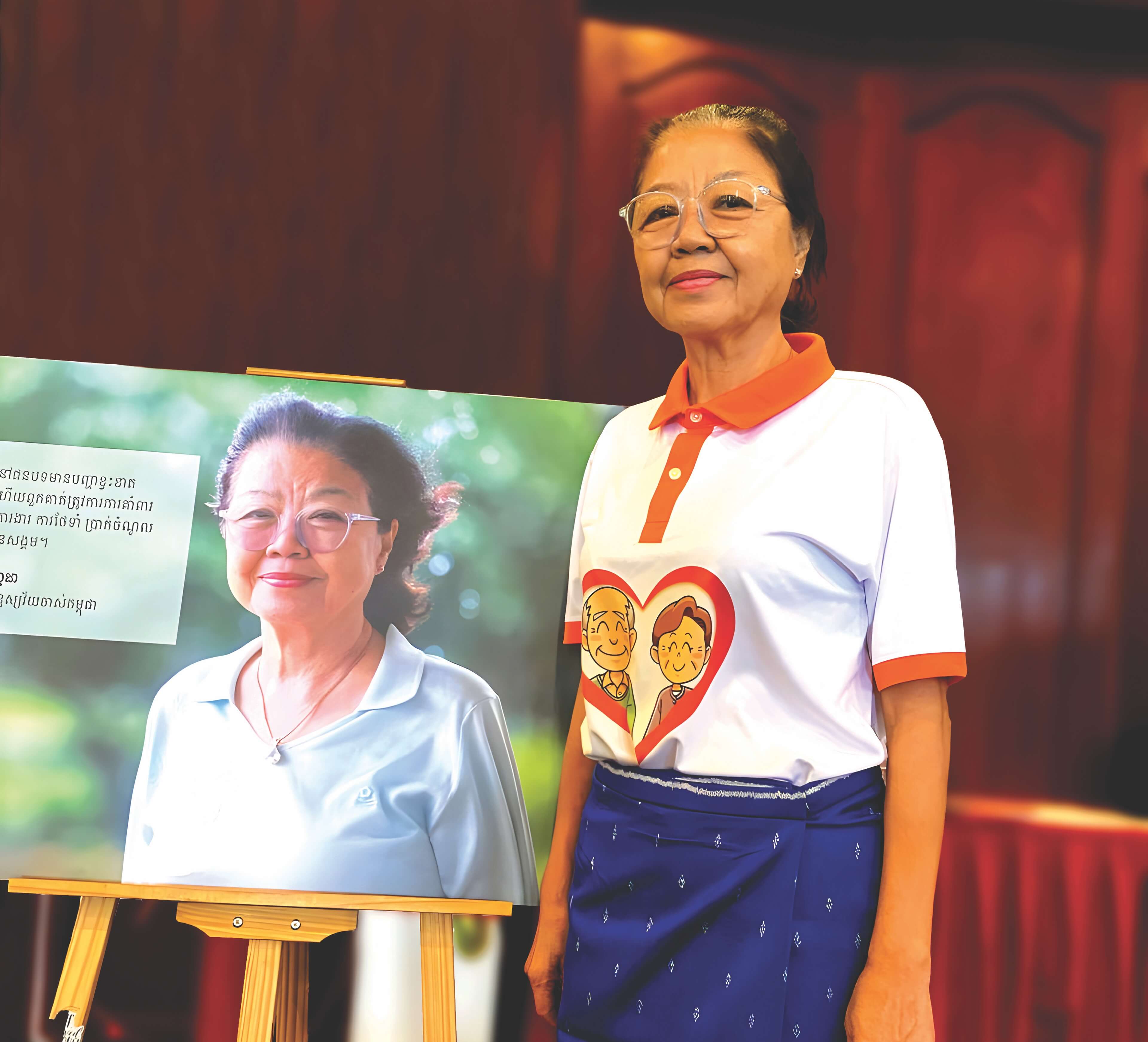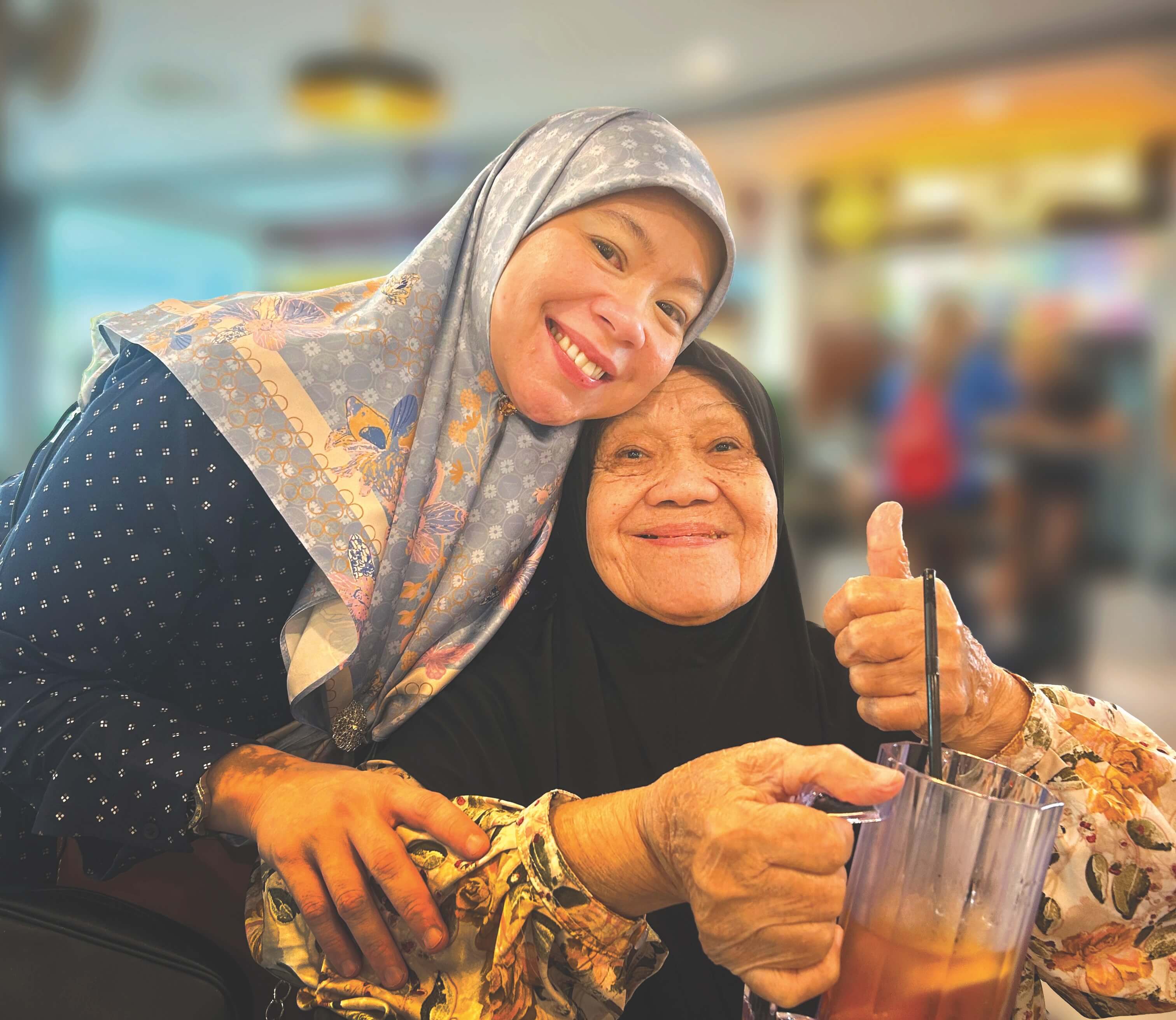



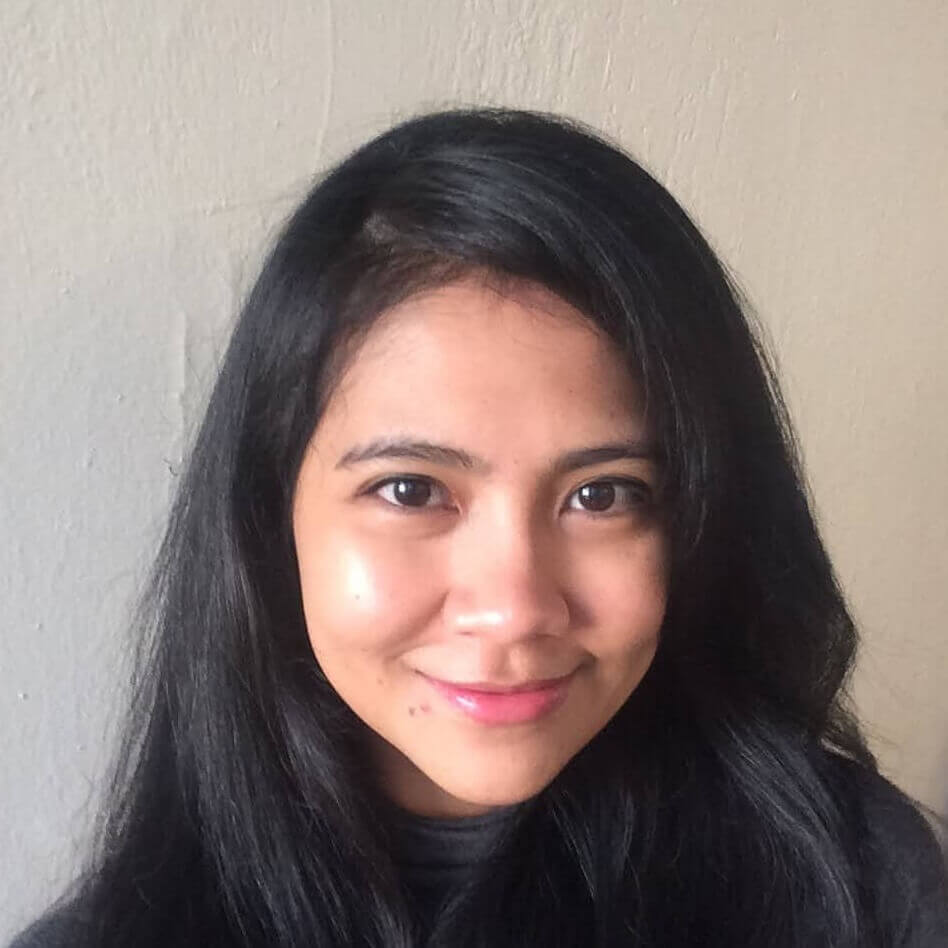
It was a sweltering day in Brunei Darussalam in early May 2025. The “feels like” temperature in areas such as Bangar and Pekan Tutong reaches as high as 44 degrees Celsius. The Brunei Darussalam Meteorological Department posted social media warnings and urged the public to take precautions.
Asmah Husaini, PhD, a specialist in nursing and a passionate healthy ageing advocate, shared a post on her Instagram account @drasmah_healthhub. “Extreme Heat and Older Adults,” the post read. Extreme heat, she explained, can lead to a reduced ability to regulate body temperature, worsen heart and respiratory conditions, limit mobility, increase isolation, and even disrupt care routines and medication schedules.
“Don’t forget to check in on your older family members, especially during extreme weather,” the caption urged. “A quick call, a short visit, or even a message can make a big difference.”
Speaking to The ASEAN magazine, Asmah compares ageing to a rollercoaster, highlighting its frightening and unpredictable nature. She emphasises the need for guidance and support for older individuals as they navigate this journey.
“By using social media, I aim to reach both older adults and younger generations, promoting intergenerational understanding and empowering communities to age with dignity. We need to support each other through the process,” she says.
Asmah was born to older parents and is the youngest of five siblings. From a young age, she understood the responsibilities of a multi-generational family. In her social media posts, she also shares glimpses of her life as a caregiver to her ageing parents. “I became familiar with the lived realities of ageing, both the beauty and the challenges,” she shares.
As a nurse instructor at Universiti Brunei Darussalam (UBD), Asmah observes that many students are unsure how to interact with older people. She believes this stems from how digital habits have replaced face-to-face dialogue, even among older adults.
“This has created a communication gap that needs to be addressed,” she says.
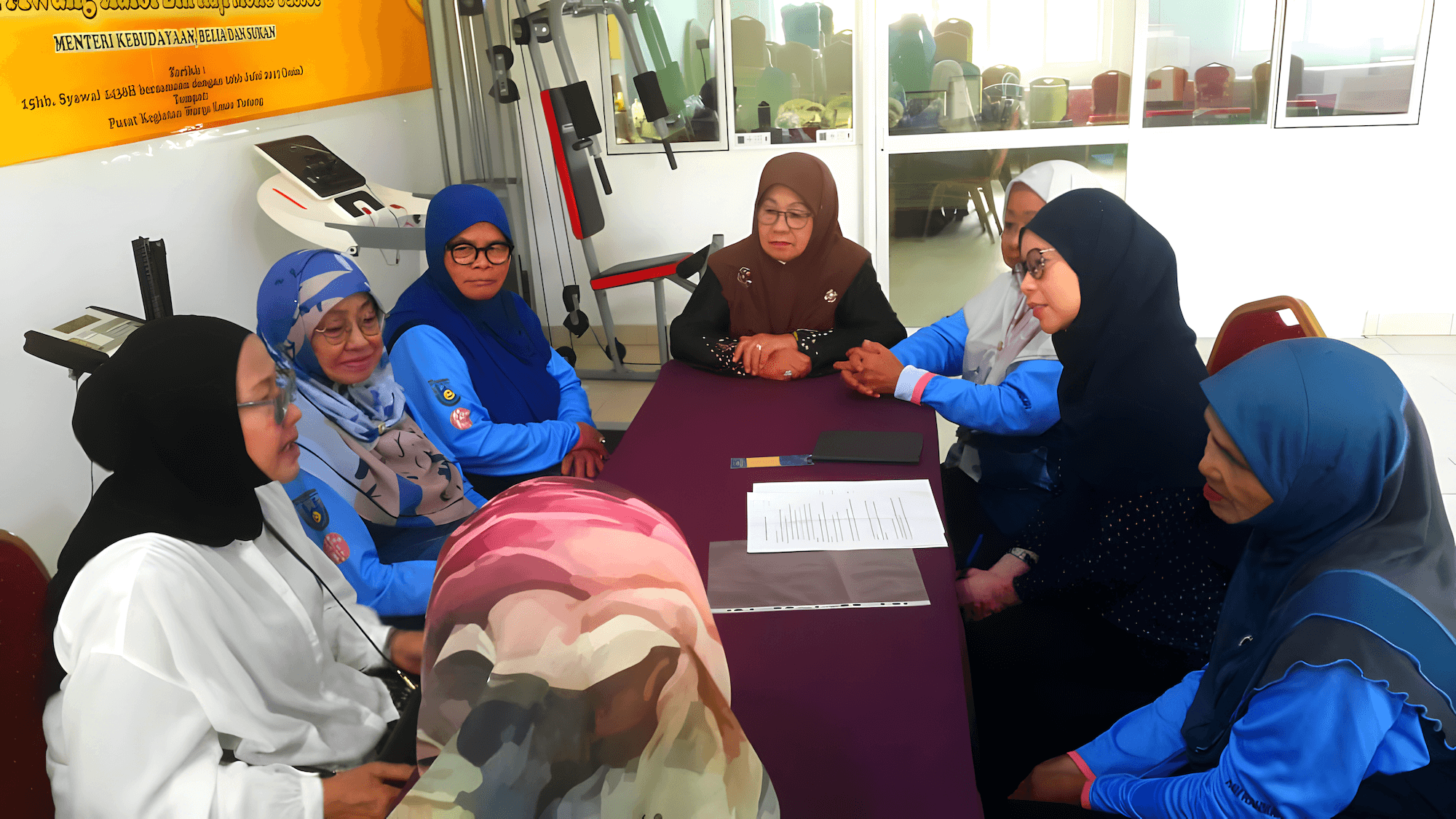
Asmah explains that UBD, through the Pengiran Anak Puteri Rashidah Sa’adatul Bolkiah (PAPRSB) Institute of Health Sciences, works closely with the Ministry of Health and other relevant stakeholders to ensure the curriculum responds to the real-world needs of Brunei’s ageing population, including addressing the communication gap.
“We incorporate case studies involving older patients, encourage reflective practice, and emphasise both physical and mental healthcare in ageing. Our nursing students undergo clinical placements where they work directly with older adults and later reflect on their experiences through assignments and discussions.”
Outside the classroom, the university promotes community outreach programmes, research, and entrepreneurship to foster innovation in elderly care.
“We want future nurses not only to respond to problems but also to design solutions for the communities they serve. For the modules I teach, I try to ensure that students benefit from interdisciplinary learning as well as insights from patients, family carers, and the broader community.”
While using digital tools to help spread awareness about caring for older people, Asmah realises that digital technology may also isolate (them). “Many older people spend time on screens, disengaging from in-person interactions,” she adds.
Asmah emphasises that older people need family support the most. Like many Southeast Asian societies, Brunei maintains strong family ties. It is common for older adults to live in multigenerational households with their children and extended family members.
That said, she notes that in smaller villages, older adults often benefit from stronger social cohesion. “My own parents, for example, live in a village where neighbours will quickly help in case of an emergency. This sense of belonging is harder to maintain in urban environments.”
Having empathetic nurses and family support is essential, but Asmah says helping older persons stay active, healthy, and ageing with dignity is most important.
“Healthy ageing is multifactorial,” she explains. “My nursing background helped me reflect critically on what supports successful ageing and what contributes to decline. I’ve seen how dignity can be preserved or compromised—especially when health deteriorates due to preventable conditions.”
“Now, after 45 years of life, I can confidently say health is the most important factor in protecting our dignity as we age. Good health allows older adults to remain mentally sharp, physically active, and emotionally and spiritually connected—all of which are essential for continuing to contribute meaningfully to family and society.”
Asmah is also the Vice President of Demensia Brunei—a non-governmental organisation that promotes dementia awareness and supports individuals with dementia and their caregivers. She encourages young people to volunteer, reflect, and develop empathy.
“Last year, we (Demensia Brunei) also began involving non-health students in outreach, helping to create a more inclusive approach to ageing support. These efforts have led to the development of a research proposal focusing on risk reduction for dementia, incorporating nutrition, physical and cognitive activities, and community-based engagement tailored to Brunei’s cultural context and Southeast Asia in the wider context.”
Ageing may come with challenges, but Asmah believes it should never be seen as a burden. With the right support, ageing could become a shared human journey that is rooted in care, dignity, and connection.
“When we invest time, energy, and money in our health and the well-being of older people,” she says, “we build a more compassionate, resilient society for all.”
The views and opinions expressed in this conversation are solely of the interviewee and do not reflect the official policy or position of ASEAN




